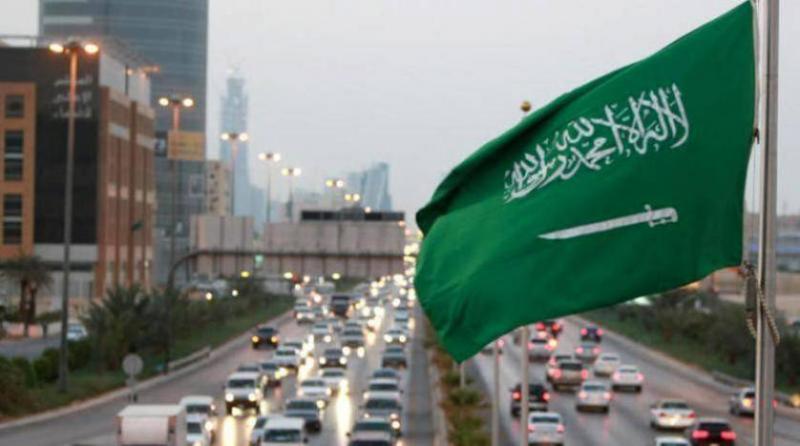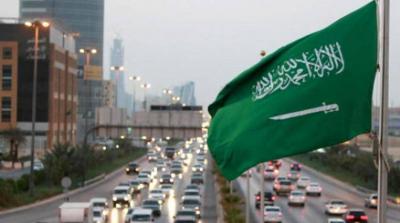Saudi Arabia rallied support for the Taif Agreement during a ceremony organized by its embassy in Beirut yesterday, marking the 33rd anniversary of the agreement's signing. This was seen as a response to all attempts to undermine it or discussions about convening a founding conference to reshape the Lebanese political system.
The conference commemorated figures who significantly contributed to reaching the ceasefire and halting the Lebanese civil conflict, including the late Emir of Kuwait Sheikh Sabah Al-Ahmad, the late Saudi King Fahd bin Abdulaziz, and Prince Saud Al-Faisal, among others. The speakers unanimously emphasized that Lebanon is maintained by a balance of power, and these power dynamics cannot dictate or alter its system and constitutional structure whenever they change.
The Saudi success is based on several points, the first being the mobilization of as many political forces and figures from different components as possible. Notably, all competing Christian forces were present, alongside foreign friends and allies of the Kingdom. Representatives of former President Michel Aoun and the "Free Patriotic Movement," which asserted during the conference that they respect the agreement that has become the country’s constitution, were also in attendance, along with Sleiman Frangieh.
The only notable absences were Hezbollah and official representatives from the Future Movement, with MP Bahia Hariri apologizing for her absence for personal reasons. Saudi Ambassador to Beirut, Walid Bukhari, confirmed that the Taif Agreement is an irrefutable international demand and revealed that French officials, citing President Emmanuel Macron, stated, "There is no intention or proposal to amend the Taif Agreement."
He highlighted that the Kingdom relies on the wisdom of Lebanese leaders and the aspirations of a people seeking to live in stability, emphasizing the urgent need to embody a formula for coexistence and preserve Lebanon's identity and Arabness. Bukhari viewed the conference as a reflection of Saudi Arabia's and its leadership’s concern for the security, unity, and stability of Lebanon and maintaining the national pact.
Bukhari's statement can be interpreted as a continuation of Saudi interest in the Lebanese file, asserting that the Kingdom will be a partner in shaping any political or presidential settlement that the Lebanese seek to achieve in the coming phase to overcome the vacuum. This is particularly important as the overall speeches at the conference stressed the necessity of electing a new president to avoid prolonging the vacuum, which creates a nurturing environment for undermining the agreement and its implications.




